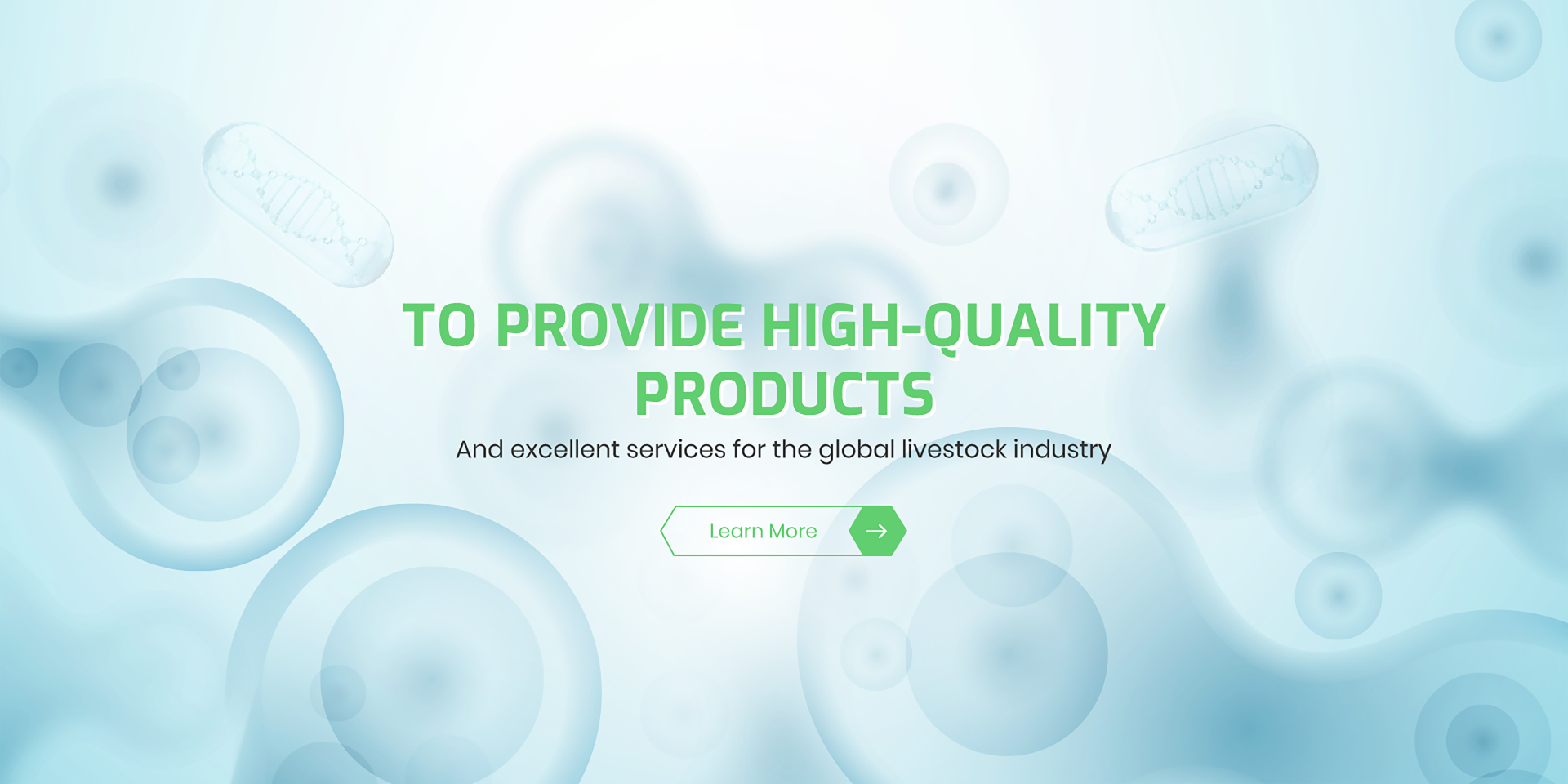- Afrikaans
- Albanian
- Amharic
- Arabic
- Armenian
- Azerbaijani
- Basque
- Belarusian
- Bengali
- Bosnian
- Bulgarian
- Catalan
- Cebuano
- Corsican
- Croatian
- Czech
- Danish
- Dutch
- English
- Esperanto
- Estonian
- Finnish
- French
- Frisian
- Galician
- Georgian
- German
- Greek
- Gujarati
- Haitian Creole
- hausa
- hawaiian
- Hebrew
- Hindi
- Miao
- Hungarian
- Icelandic
- igbo
- Indonesian
- irish
- Italian
- Japanese
- Javanese
- Kannada
- kazakh
- Khmer
- Rwandese
- Korean
- Kurdish
- Kyrgyz
- Lao
- Latin
- Latvian
- Lithuanian
- Luxembourgish
- Macedonian
- Malgashi
- Malay
- Malayalam
- Maltese
- Maori
- Marathi
- Mongolian
- Myanmar
- Nepali
- Norwegian
- Norwegian
- Occitan
- Pashto
- Persian
- Polish
- Portuguese
- Punjabi
- Romanian
- Russian
- Samoan
- Scottish Gaelic
- Serbian
- Sesotho
- Shona
- Sindhi
- Sinhala
- Slovak
- Slovenian
- Somali
- Spanish
- Sundanese
- Swahili
- Swedish
- Tagalog
- Tajik
- Tamil
- Tatar
- Telugu
- Thai
- Turkish
- Turkmen
- Ukrainian
- Urdu
- Uighur
- Uzbek
- Vietnamese
- Welsh
- Bantu
- Yiddish
- Yoruba
- Zulu
دسامبر . 25, 2024 18:55 Back to list
Injured Insights on Tylosin's Role in Livestock Health and Welfare
The Role of Tylosin in Veterinary Medicine
Tylosin is a macrolide antibiotic predominantly used in veterinary medicine to combat bacterial infections. Originally derived from *Streptomyces fradiae*, it has become an essential tool for livestock and poultry producers. Its efficacy against a range of Gram-positive bacteria and some Gram-negative pathogens underpins its widespread use across various species, including swine, poultry, and cattle.
Mechanism of Action
Tylosin functions by inhibiting protein synthesis in bacteria. It binds to the 50S subunit of the bacterial ribosome, obstructing the translocation process during translation. This action effectively stunts bacterial growth and replication, allowing the host's immune system to combat the infection. Its unique mechanism makes it a valuable resource, especially in treating respiratory diseases, enteritis, and other bacterial infections common in livestock.
Applications in Animal Husbandry
In practice, tylosin is primarily used for
1. Swine Health The antibiotic is utilized to prevent and control diseases like swine dysentery and ileitis, which can lead to significantly reduced growth rates and economic loss in hog farming.
2. Poultry Production Tylosin is also effective against various strains of *Mycoplasma*, which are notorious for causing respiratory issues in flocks. By administering tylosin, farmers can help maintain flock health and optimize production efficiency.
inj tylosin

Regulatory Considerations
Despite its benefits, the use of tylosin is not without concern. In recent years, the overuse of antibiotics in agriculture has raised alarms regarding antibiotic resistance. Regulatory bodies in many countries have imposed strict guidelines on the use of antibiotics, including tylosin, to ensure that their application does not contribute to the growing problem of resistant bacteria.
In the United States, the Food and Drug Administration (FDA) has made strides in curbing antibiotic use in food-producing animals. The initiative emphasizes the judicious use of antibiotics like tylosin, ensuring they are reserved for therapeutic, rather than prophylactic, purposes. These guidelines help protect public health while still allowing veterinarians and farmers to effectively treat infections as they arise.
Research and Innovations
Ongoing research is critical in understanding the long-term implications of tylosin use. Recent studies focus on the antibiotic's ability to influence gut microbiota composition and overall animal health. Additionally, researchers are exploring alternatives to conventional antibiotics, such as probiotics and herbal formulations, which may help reduce reliance on substances like tylosin while still promoting animal welfare.
Innovations in diagnostic technologies also play a vital role. Faster and more accurate detection of pathogens can help guide treatment choices, allowing for more targeted and effective use of tylosin and other antibiotics. This shift towards precision medicine in veterinary practice aims not only to improve animal health outcomes but also to reduce the environmental and health impacts associated with antibiotic use.
Conclusion
Tylosin remains a cornerstone in the management of bacterial infections in veterinary medicine. Its ability to effectively treat various conditions in livestock and poultry makes it an indispensable tool for farmers and veterinarians alike. However, the critical balance between effective disease management and antibiotic stewardship underscores the need for responsible usage and ongoing research. By prioritizing the health of animals and the safety of the food supply, the industry can continue to harness the benefits of tylosin while ensuring a sustainable future for animal agriculture.
-
Guide to Oxytetracycline Injection
NewsMar.27,2025
-
Guide to Colistin Sulphate
NewsMar.27,2025
-
Gentamicin Sulfate: Uses, Price, And Key Information
NewsMar.27,2025
-
Enrofloxacin Injection: Uses, Price, And Supplier Information
NewsMar.27,2025
-
Dexamethasone Sodium Phosphate Injection: Uses, Price, And Key Information
NewsMar.27,2025
-
Albendazole Tablet: Uses, Dosage, Cost, And Key Information
NewsMar.27,2025













